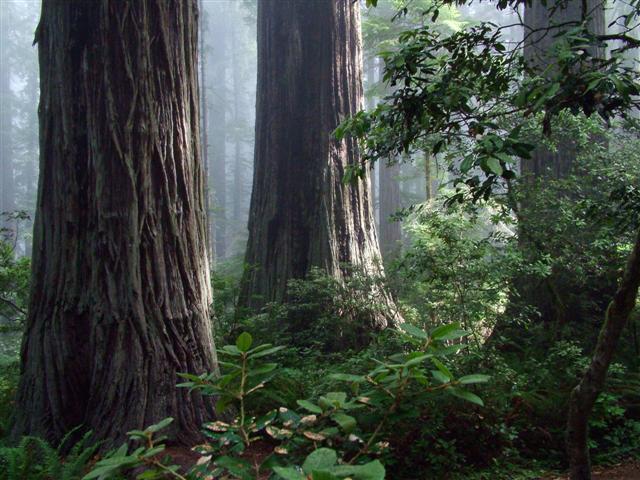In the mating of trees,
the pollen grain entering invisible
the domed room of the winds, survives
the ghost of the old forest
that was here when we came. The ground
invites it, and it will not be gone.
I become the familiar of that ghost
and its ally, carrying in a bucket
twenty trees smaller than weeds,
and I plant them along the way
of the departure of the ancient host.
I return to the ground its original music.
It will rise out of the horizon
of the grass, and over the heads
of weeds, and it will rise over
the horizon of men’s heads. As I age
in the world it will rise and spread,
and be for this place horizon
and orison, the voice of its winds.
I have made myself a dream to dream
of its rising, that has gentled my nights.
Let me desire and wish well the life
these trees may live when I
no longer rise in the mornings
to be pleased by the green of them
shining, and their shadows on the ground,
and the sound of the wind in them.
~ Wendell Berry
from The Country of Marriage




















.jpg)











